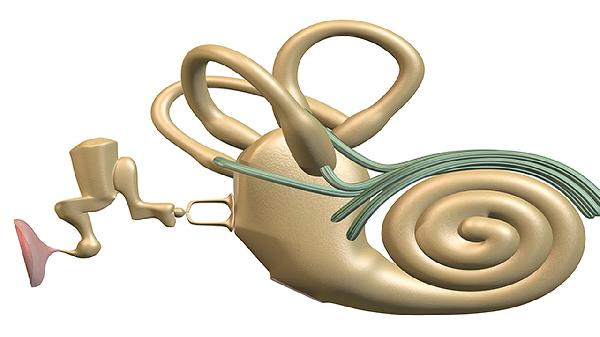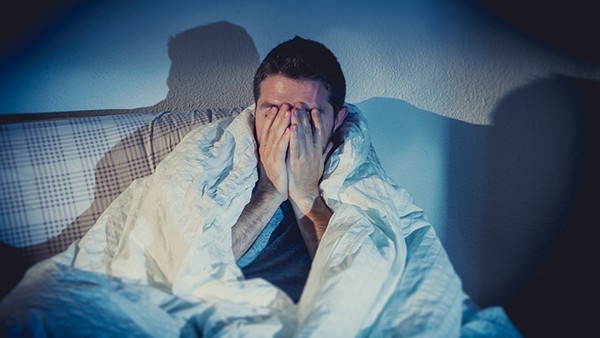Is there a relationship between body type and neurasthenia? This question sounds like an upgraded version of "Are fat people more prone to anxiety, or are thin people more prone to insomnia?" In fact, the relationship between body type and neurasthenia is far more complex than we imagine. Body type is not just a number on a scale; it hides multiple factors such as metabolism, hormones, and psychology. And neurasthenia is not simply "feeling bad"; it is a long-term psychological and physiological state. So, is there really a connection between body type and neurasthenia? Let's delve into this.

1. The relationship between body type and metabolism
Different body types often imply differences in metabolic levels. People with obesity usually have slower metabolism, with excessive fat accumulation in the body, which can easily trigger chronic inflammation. This inflammation not only affects physical health but may also have a negative impact on the nervous system, increasing the risk of emotional issues such as anxiety and depression. On the other hand, people who are underweight, especially those with excessively fast metabolism, may experience a decline in physical function due to insufficient nutrient intake, which in turn affects the stability of the nervous system.
2. The impact of hormone levels
Body type is closely related to hormone levels. People with obesity often have higher insulin resistance and cortisol levels, and abnormal fluctuations in these hormones may lead to mood swings and neurasthenia. In contrast, underweight individuals, especially women, may experience low estrogen levels, leading to issues such as low mood and insomnia. Hormonal balance is crucial for the health of the nervous system, and extreme body types can disrupt this balance.
3. The relationship between psychological stress and body type
Body type is often closely linked to self-perception and social evaluation. People with obesity may face more social pressure and discrimination, and this long-term psychological burden can easily lead to neurasthenia. Conversely, underweight individuals, especially those who pursue "thinness," may fall into a vicious cycle of anxiety and compulsive behaviors due to excessive dieting or exercise. Psychological stress is an important trigger for neurasthenia, and body type issues are often one of the sources of stress.
4. The impact of lifestyle
Body type is closely related to lifestyle. People with obesity may experience a decline in physical function due to lack of exercise and irregular eating habits, which in turn affects the health of the nervous system. On the other hand, underweight individuals, especially those who neglect their diet due to busyness or stress, may suffer from neurasthenia due to malnutrition. A healthy lifestyle is key to preventing neurasthenia, and adjusting body type often requires starting with lifestyle changes.
5. The potential impact of genetic factors
Both body type and neurasthenia may be influenced by genetic factors. Individuals with a family history of obesity or neurasthenia may be more prone to related issues. While genetic factors are not decisive, they provide a potential explanation for the relationship between body type and neurasthenia. Understanding family medical history can help in better prevention and management of these issues.
The relationship between body type and neurasthenia is not a simple cause-and-effect relationship but rather the result of multiple factors working together. Whether obese or underweight, both may increase the risk of neurasthenia due to factors such as metabolism, hormones, psychological stress, lifestyle, and genetics. Maintaining a healthy body type is not just about appearance but also about achieving balance and health in both body and mind.























